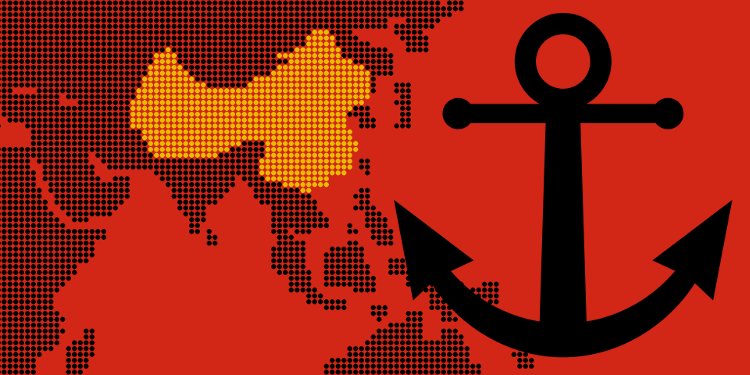Last week’s unreported US military exercises in Taiwan’s southern city of Kaohsiung, along with the neighboring indictment of the minority party’s legislative control through vote-buying, no doubt sends an unreported message to Beijing. What we see in the headlines more or less tells the same story. The Asian establishment feels threatened.
Every man’s defense is another man’s offense. If “we” own it, it’s a “missile defense” system. If “they” own it, it’s a “missile attack” system. If you ask the Chinese and Russians, the American people don’t like their government. If you ask the Americans, the Chinese and Russian people don’t like their governments. In “Boilerplateville” everyone is right.
China and Russia don’t want an early-stop anti-missile system close to the loose nuclear cannons in northern Korea. The United States sails anywhere and everywhere that anyone anywhere says is able to be sailed—violating nonunanimous claims of both foe and friend. No disputes are exempted. When it comes to allies in Asia Pacifica, Japan debates a lame duck in Taiwan over a fishing boat.

